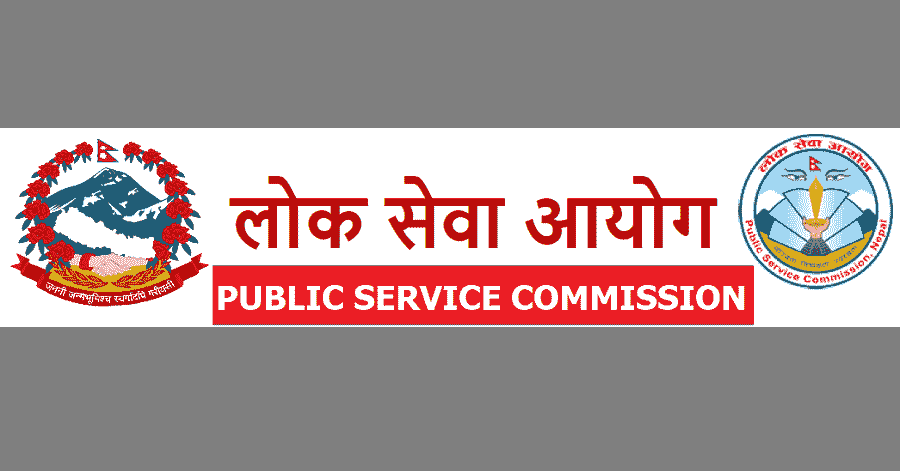
The federal parliament has passed a bill related to the Public Service Commission. The bill was introduced in the House of Representatives on 25 Bhadra, 2076 BS, and was passed by the House of Representatives on 9 Ashad 2077 BS. The bill, which was passed by the House of Representatives, was passed by the National Assembly on 28 Bhadra 2078 BS.
On Sunday, the House of Representatives accepted the bill passed by the National Assembly with amendments. There is a legal provision that the House of Representatives has to accept the amendment made by the National Assembly even if the bill of origin (introduced) has been passed and sent to the House of Representatives. According to this provision, the meeting of the House of Representatives on Sunday accepted the amendment made by the National Assembly.
At the same time, the bill related to the Public Service Commission has been passed by the Federal Parliament (both Houses) and the process of making laws within the Parliament has been completed. Now the Speaker goes to the President for verification. It comes into force as an act after verification by the President.
The bill related to the Public Service Commission is also linked to federalism. After the implementation of this bill, the Provincial Public Service Commission will be able to exercise its constitutional powers. The Provincial Public Service Commission reserves the right to recruit staff for the provincial and local levels.
It is the practice of the staff of the Public Service Commission to work in the same commission for a long time. According to Article 6 (2) of the Public Service Commission Act 2066, there is a provision that the government must take the consent of the commission when transferring the employees working in the commission to other offices. In the passed bill, the provision of sub-section 2 of section 6 of the existing law that consent has to be taken while transferring the staff in the commission has been removed.
Sub-section 1 of Article 6 states that the Government of Nepal shall make necessary arrangements for the operation and management of the Commission. In other words, after the implementation of the bill passed by the federal parliament, the government will not have to get the consent of the public servants before transferring them elsewhere. The government may transfer any employee working in the Public Service Commission without the approval of the Public Service Commission.
This bill is also linked to the implementation of federalism. According to Law Minister Koirala, instead of making the commission more effective, the way is open for the Provincial Public Service Commission to work. He is confident that this will also help in the implementation of federalism.
When the bill came to the federal parliament, the provincial public service commission had not been formed. At present, Public Service Commissions have been formed in all the states. The Provincial Public Service Commission is also working. However, it did not operate under federal law.
Now that the bill related to the Federal Public Service Commission has been implemented, the Provincial Public Service Commission will also be able to recruit staff legally. After the Federal Civil Service Bill becomes law, the state will have the right to transfer and promote the local level and state employees. No agreement has been reached between the parties on the extent to which the state will be given the power to increase staff transfers.
Lok Sewa Aayog

